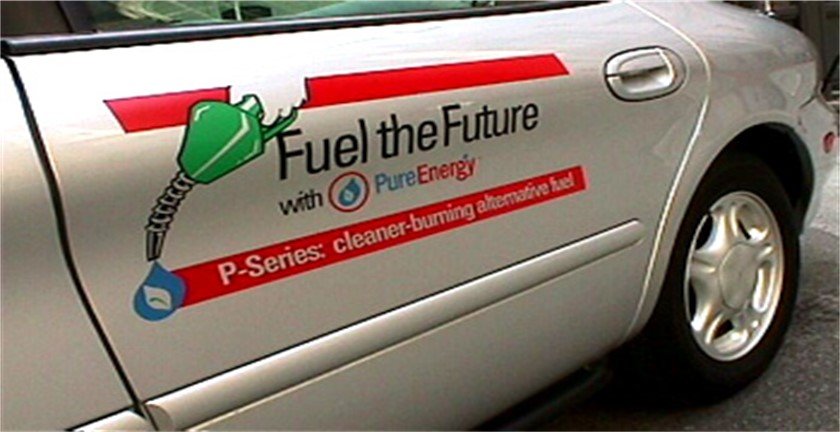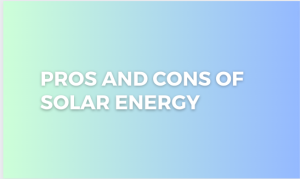Image source: pure-energy.com
P-series fuel is a renewable source of energy made from a unique mix of liquid fuels such as ethanol, liquefied petroleum gas, hydrocarbon and methyl tetrahydrofuran (MTHF). It is a renewable non-petroleum product that can act as a substitute for gasoline. Diminishing petroleum reserves had led to increasing use of alternatives p-series fuels for diesel engines.
It is used as an alternative and cleaner fuel with less toxic compared to other fossil fuels. The new use of P-series fuels on a flexible-fuel vehicle (FFV) will increase the market demand as well as expect the sales to grow in the next 10 years. FFV has an internal combustion engine which can run on more than one fuel type. This article highlights the pros and cons of using this type of alternative fuel.
Pros:
1. Efficient: Compared to gasoline, p-series fuel is an efficient alternative source of energy and economically competitive.
2. Easy to use: It is easy and simple to refuel p-series. No need for fuel management since gasoline and the p-series can easily be intermixed with fuel already in the fuel tank.
3. Cost effective: P-series fuels are inexpensive compared to other sources of fuel. You can easily retrieve p-series fuel from domestic resources thus, making you reduce the use of petroleum by 80%. It is economically competitive with gasoline.
4. Reduce toxic emissions: P-series reduces the emission of toxic compounds released during the burning of fossil fuels like gasoline, or petroleum. P-series release few emissions in the air.
5. Reduce use of petroleum: Due to limited petroleum reserves and environmental consequences of green gas emission, P-series fuel is becoming increasingly important. It reduces the amount of petroleum needed to power the vehicle.
6. Use waste products: P-series fuel is made from waste products like food waste, agricultural waste, and yard waste among other waste products.
7. Environmentally friendly: P-series fuel is derived from domestic resources makes it environmentally friendly and beneficial to the ecosystem.
8. Flexible fuel: If the P-series fuel is not accessible in a particular area, you can easily utilize it by replacing with gasoline. If you have FFV vehicle, you don’t have to worry if your engine is short of p-series fuel.
9. Renewable source: P-series is a renewable source of energy from agricultural resources and other waste materials. It requires no refining and reduces dependence on foreign oil making it the future gas for today’s vehicles.
10. More energy: Vehicles using this type of fuel have more power, greater torque, and are ideal for towing heavy loads.
Cons:
1. Availability: P-series fuel is not widely manufactured or used and can only be found on specific retail fuel outlets making it have restricted availability.
2. Effects of hydrocarbon: Hydrocarbon components can lead to contamination of soil and is highly flammable.
3. Less gas Mileage: P-series fuel has less gas mileage compared to gasoline leading to more frequent fueling of the gas.
4. Usage: P-series fuel cannot be used on vehicles designed to use gasoline only. Since the p-series fuel is totally new, there is no widespread use of the fuel.
5. Technology: Since the technology to produce p-series fuel is not well developed, there is no mass production of the fuel. The small quantities produced limits the widespread use of the P-series fuel.
6. Lead to increased smog: Massive production of ethanol used in p-series fuel can lead to increased smog and also destroy habitat.
7. Green gas: Although the carbon monoxide, carbon dioxide and nitrous oxide emitted are in small quantities, they still pollute the environment.



